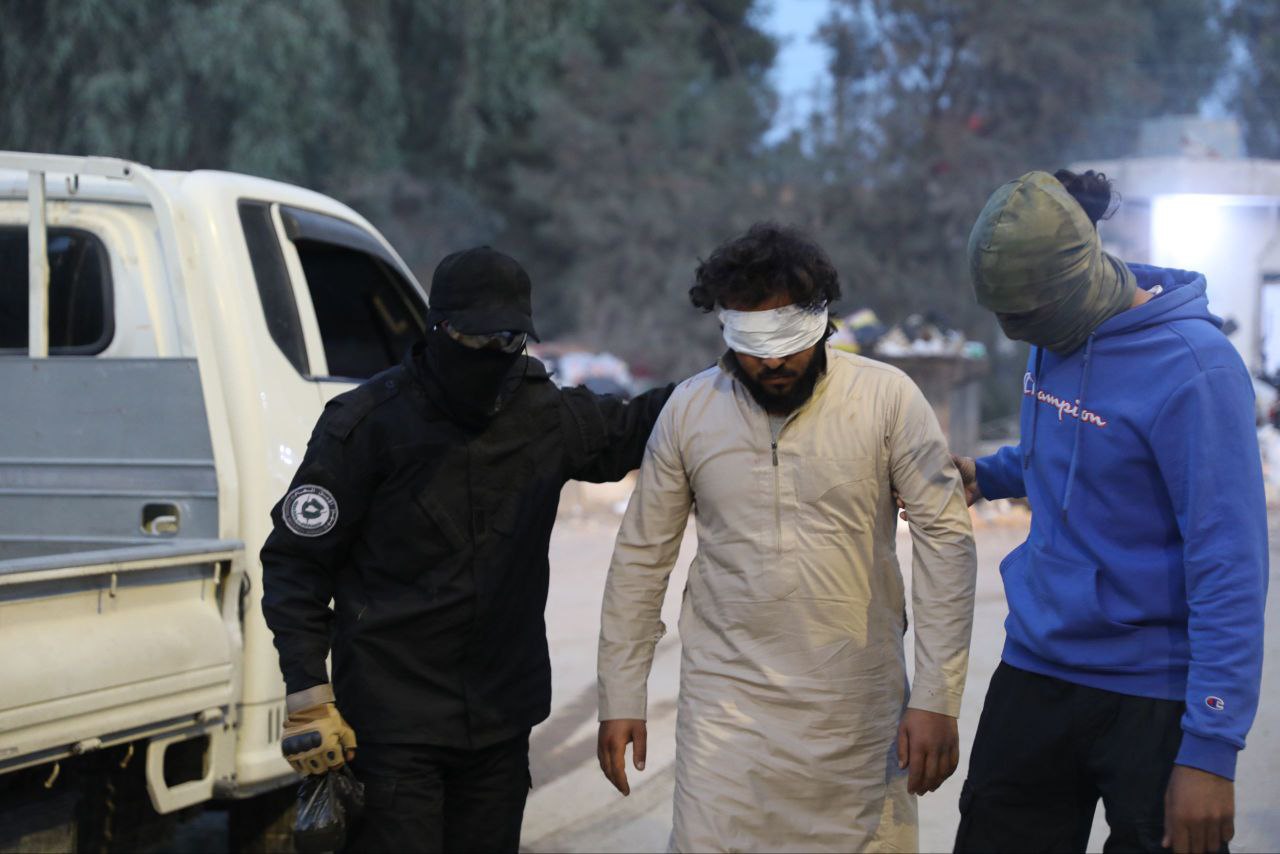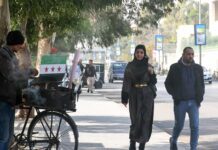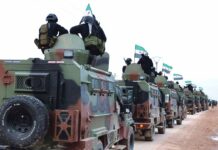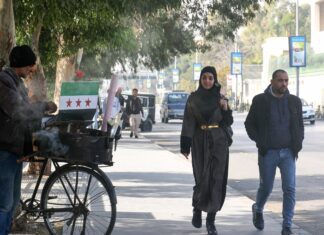
Syrian security forces launched a massive nationwide operation over the weekend targeting cells affiliated with the ISIS, arresting 71 suspects and dismantling several networks in what officials described as one of the most extensive counterterrorism actions in years.
Interior Ministry spokesman Nouruddin al-Baba said the operation, coordinated between the Ministry of Interior and the General Intelligence Service, included 61 raids across multiple provinces, among them Aleppo, Homs, Idlib, Deir Ezzor and Damascus. He said the raids were based on “accurate intelligence and systematic monitoring” of ISIS activity in recent weeks.
“The arrest of Abdullaah al-Jumaili, known as Abu Imad al-Jumaili, represents a strong blow to the organization and limits its field activity,” Baba said. He confirmed that Jumaili, the so-called “governor of the desert” for ISIS, was detained less than 24 hours after the June bombing at Duwailah Church in Damascus, an attack that marked the peak of the group’s recent operations.
Precision and Planning Behind the Raids
Officials said the weekend raids were part of a preemptive campaign aimed at neutralizing potential ISIS threats before they could materialize. The Ministry of Interior said in a statement that the operation “embodies the high level of coordination between the security services and their efficiency in proactively dealing with threats.”
According to the ministry, security and intelligence units raided weapons depots and hideouts containing mines, communication devices and logistical materials. A suicide battalion was uncovered in Aleppo, and sleeper cells were dismantled in Homs, reflecting what Baba described as “the success of security efforts in confronting the ISIS threat.”
One ISIS member was killed and a security officer injured during the clashes. “These operations confirm the integration of roles between intelligence and interior forces,” Baba said, adding that intelligence units gather information and identify threats, while interior forces execute the field operations.
National and International Implications
The campaign coincided with reports that Syria is preparing to join the international coalition against ISIS, a move expected to be announced during President Ahmad al-Sharaa’s visit to Washington. US envoy to Syria Tom Barrack told Reuters earlier this month that Syria’s entry into the coalition was “likely,” citing “significant progress in coordination.”
Analysts say the timing of the operation signals Damascus’ intent to demonstrate both control and readiness to cooperate internationally against extremist networks. French President Emmanuel Macron also called on Syria to become an “effective partner” in fighting terrorism during recent remarks at COP30 in Belém, Brazil.
Baba said security agencies will continue operations “in a firm and disciplined manner to ensure the security of citizens and the sovereignty of the state.” He emphasized that intellectual and community awareness are essential to prevent the recruitment of youth into extremist groups, noting that “political and economic stability remain the first line of defense against terrorism.”








